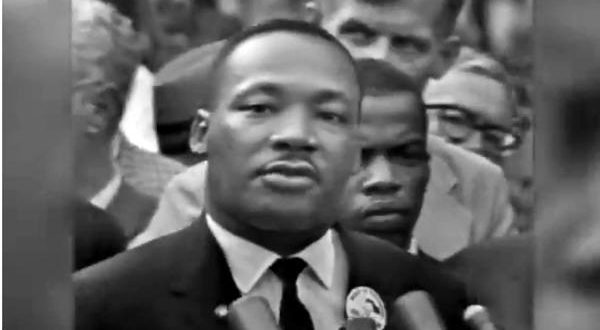Dr. Martin Luther King Jr., whose birthday the nation celebrates, remains a fascinating and complex figure. Here are six factoids about the civil rights leader you may not know.
King opposed the Vietnam War. It makes a lot of sense that a man who championed nonviolence to enact change would be antiwar. In 1967, exactly one year before his assassination, King delivered a speech titled “Beyond Vietnam” at New York City’s Riverside Church. King took exception to the war in part because of the belief that resources being used to fight in Vietnam were being taken from domestic improvement programs.
King opposed homosexuality. During the 1950s, King was an advice columnist for the “Ebony” magazine. In 1958, an unnamed teenager wrote a letter to King, noting that he was struggling with homosexual thoughts. King responded to the question, referring to homosexuality as a “problem” and encouraging the youth to seek counseling.
“Your problem is not at all an uncommon one,” he wrote. “However, it does require careful attention. The type of feeling that you have toward boys is probably not an innate tendency but something that has been culturally acquired,. Therefore, it is necessary to deal with this problem by getting back to some of the experiences and circumstances that led to the habit.”
King supported Israel and was against Black “separatism”. Speaking at a conference, King stated, “I would have made it crystal clear that I could not have supported any resolution calling for Black separatism or calling for a condemnation of Israel and an unqualified endorsement of the policy of the Arab powers.”
“Israel’s right to exist as a state is incontestable,” King wrote. He then added, “At the same time the great powers have the obligation to recognize that the Arab world is in a state of imposed poverty and backwardness that must threaten peace and harmony.”
READ: MLK on a better life
King held a negative opinion of Malcolm X. King and Malcolm X often have been grouped together, likely because they had a common enemy in white supremacy. Yet the two charismatic and influential activists hardly were on the same page, especially regarding tactics and ethics. King noted in his autobiography that he had met Malcolm X briefly at one point in Washington but found the Nation of Islam member disagreeable. “I totally disagree with many of his political and philosophical views, at least insofar as I understand where he now stands,” he wrote.
King opposed Barry Goldwater’s presidential campaign. When limited-government proponent Barry Goldwater became the Republican nominee for president in 1964, King called on blacks and whites to vote against him. “On the urgent issue of civil rights, Senator Goldwater represented a philosophy that was morally indefensible and socially suicidal,” he wrote.
King supported removal of faculty-led prayer in public schools. King headed an advocacy group called the Southern Christian Leadership Conference; but that did not mean he did not have limits on how much church and state could mingle. In a 1965 interview, King explained that he supported the then recent U.S. Supreme Court decision removing faculty-led prayer from public schools.
King used to be a Michael. There is evidence to indicate that Martin Luther King Sr., father of King, was originally Michael Luther King. “I had been known as Michael Luther King or ‘Mike’ up until I was 22 … when one day my father, James Albert King, told me: ‘You aren’t named Mike or Michael either. Your name is Martin Luther King. Your mother just called you Mike for short,'” King Sr. said.
–Alan Goforth | Metro Voice
 Metro Voice News Celebrating Faith, Family & Community
Metro Voice News Celebrating Faith, Family & Community









